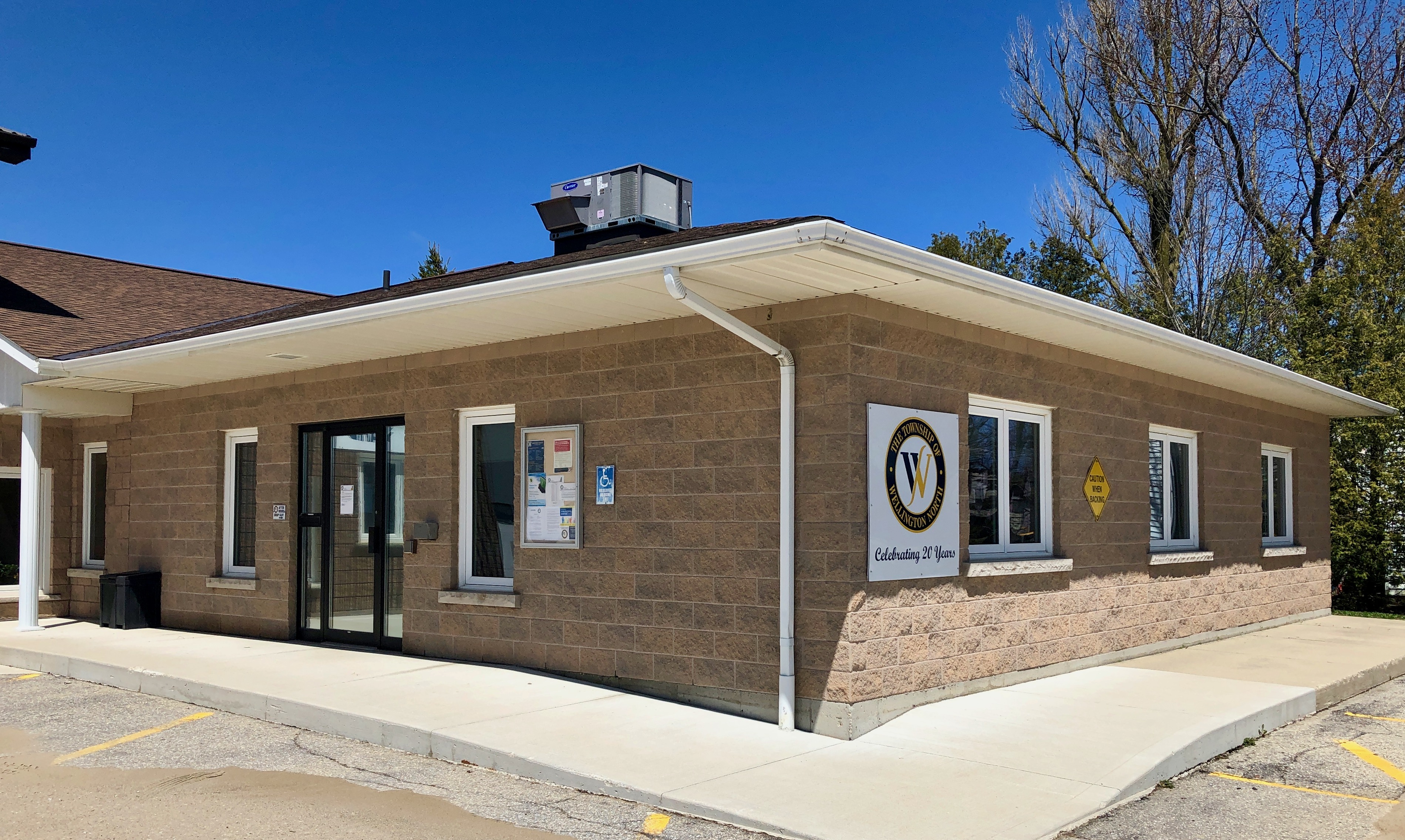WELLINGTON NORTH – While adopting a plan that would see water and wastewater rates rise by 1.5 per cent annually from 2022 to 2026, council reserved the right to review a planned increase for next year.
Rates are scheduled to rise by 2% in 2021 based on an approved 2015 rate study.
Draft water and wastewater rates and financial plans were presented to council by DFA Infrastructure International Inc. president Derek Ali and financial analyst John Murphy during council’s Oct. 26 videoconference meeting.
The proposed increases would see the annual flat rate for residential users rise from $558.96 to $ 570.14 for water and from $687.48 to $701.23 for wastewater in 2021 and increase by 1.5 per cent annually until 2026, when the residential rates would be $614.20 for water and $755.42 for wastewater.
From 2022 and 2026, annual flat rate water charges for non-residential users will also rise by 1.5% annually, from $693.80 to $736.37, while the volume rate would rise from $2.12 per cubic metre to $2.25.
Non-residential wastewater charges will rise from a flat rate of $853.25 in 2022 to $905.61 by 2026.
Over the same period, the volume component of non-residential bills will rise from $2.61 per cubic metre to $2.77.
Councillor Dan Yake expressed concern about the proposed increases, given the town’s flat rate billing system for residential users.
“I have no problem receiving the report,” said Yake.
“I need to chew on the increases a little bit longer. It’s a tough thing to deal with, water and sewer rates.”
He added, “We have so many people that just use so little water, create so little wastewater and yet are paying the same amount as the family of six people and it’s hard to know if that financial justification is right.”
Yake asked if council had the ability to lower the proposed increase.
“The one [1.5%] is based on just trying to match what we presume CPI (Consumer Price Index) would be,” said operations director Matt Aston.
“Certainly council can weight in” if they feel the rates should be altered, Aston added.
Aston pointed out the rate study shows water meter installation is slated for 2027 “as staff realizes there needs to be some sort of move to water meters as far as charging people based on consumption.”
“I’m alright with the 1.5 per cent increase,” said councillor Steve McCabe.
He added he’d rather stick to the plan than reduce increases now to soften the blow of COVID-19 impacts for ratepayers “then two years down the road have to jack it to 3.5 instead. I’d rather have it consistent like this at the 1.5.”
Mayor Andy Lennox asked, if the concern is the proposed rate increases are too high, “what inputs would we ask to be altered in order to change that?
“Does that mean we want to roll back the amount of infrastructure we want to spend on? … Or does that mean we want to shave our reserve amounts down?”
Yake said, “I’m concerned about the numbers. It’s a nine per cent increase over five years. I mean that’s a little steep, I think.”
While stating he is concerned about the impact “shaving too much off” the 2022 to 2026 increases would have on infrastructure spending and reserves, Lennox said, “I would possibly be willing to support a very short-term rate reduction, maybe for 2021.”
Council received the report and adopted the wastewater rates and financial plans and directed staff to bring a report to a future meeting on metering and revisiting the 2021 rate.



